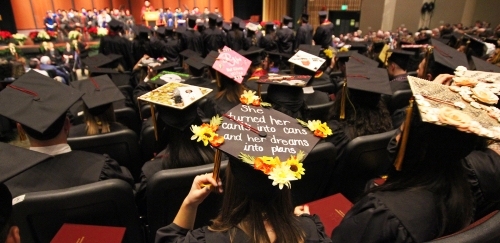High Impact Experiences
We are committed to strengthening students’ knowledge and skills in psychology and to teaching students how to apply this psychological literacy to their personal, academic, and professional development. Below are examples of several high impact experiences designed to help students pursue meaningful work that is outstanding in quality and ethical in nature.












